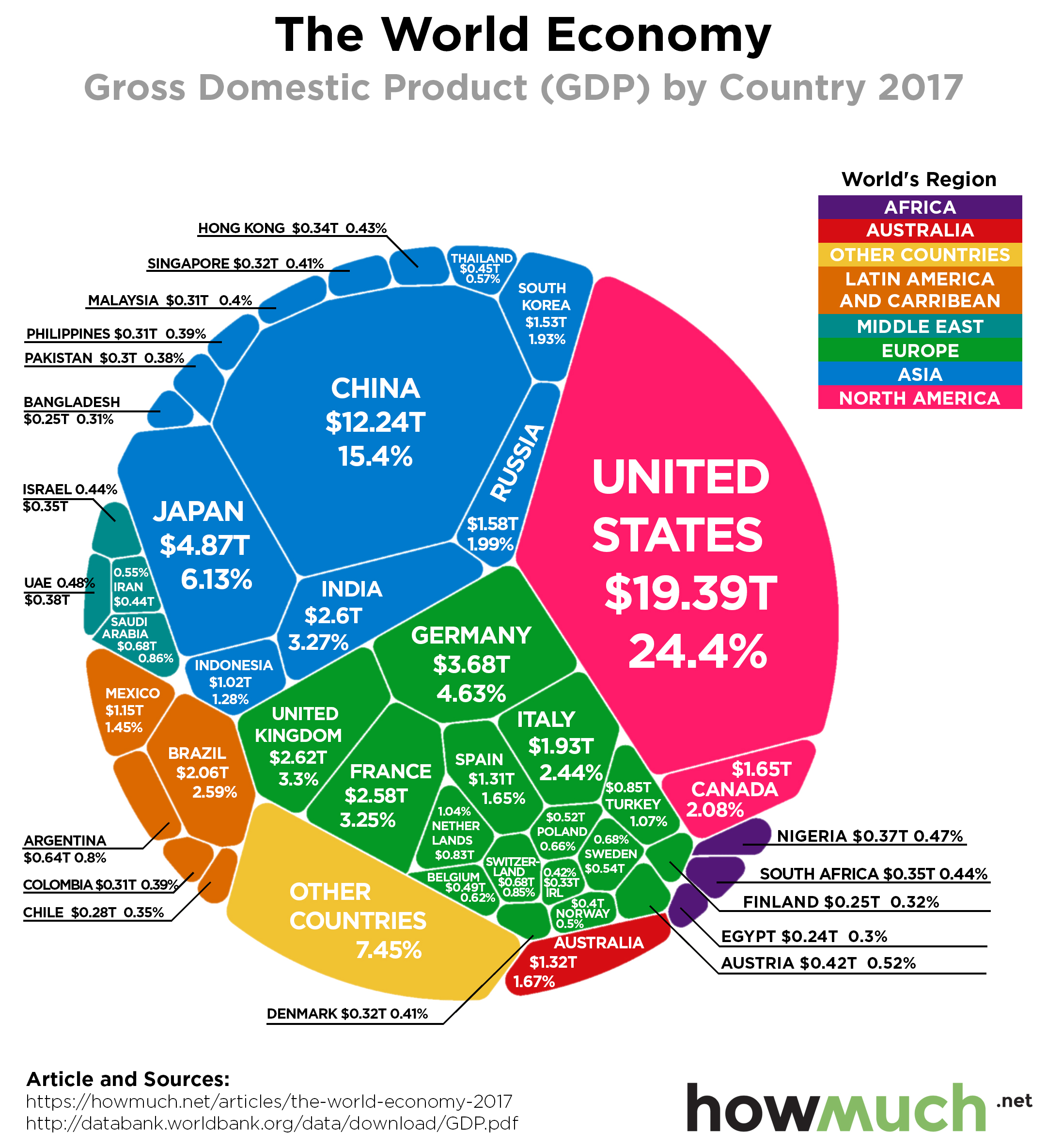Bundestag Elections And Key Economic Figures: Their Impact On The Dax

Table of Contents
Pre-Election Market Sentiment and Volatility
The period leading up to Bundestag elections is often characterized by increased uncertainty and volatility in the DAX. Speculation about potential coalition governments and their likely economic policies creates a climate of apprehension for investors. This pre-election jitters can lead to significant market fluctuations.
-
Increased volatility in the DAX in the months leading up to the election: As the election draws nearer, investors become increasingly focused on the potential policy implications of different election outcomes. This heightened awareness often translates into increased trading activity and price swings. Analyzing historical DAX data during pre-election periods reveals a clear pattern of increased volatility.
-
Impact of opinion polls and predictions on market sentiment: Public opinion polls and predictions from political analysts heavily influence investor sentiment. Favorable polls for parties perceived as economically friendly can boost the DAX, while negative predictions for parties with potentially damaging economic platforms can lead to declines.
-
Analysis of investor behavior in response to pre-election debates and policy announcements: Pre-election debates and policy announcements from the various parties provide crucial insights into their economic agendas. Investors carefully analyze these pronouncements, factoring them into their investment decisions. For example, statements regarding taxation, regulation, and social spending can significantly influence investor confidence.
-
Examples of past elections and their pre-election market impact: The 2017 Bundestag election, for instance, saw considerable DAX volatility in the months leading up to the vote, largely due to uncertainty about the potential coalition partners and their economic policies. Analyzing past election cycles provides valuable data for predicting future market reactions.
The Role of Coalition Governments and Economic Policy
Following the Bundestag elections, the formation of a coalition government is critical. The specific parties involved and their economic platforms directly influence the direction of German economic policy and, consequently, the DAX.
-
Impact of different coalition partners (e.g., CDU/CSU, SPD, Greens, FDP, AfD) and their stated economic priorities: Each party has its own distinct economic priorities. For example, the Greens typically prioritize environmental sustainability, which could lead to investments in green technologies but potentially also higher taxes on carbon emissions. The FDP, on the other hand, generally advocates for lower taxes and deregulation, which could benefit certain sectors.
-
Analysis of fiscal policy, taxation, and regulatory changes proposed by different coalition governments: The coalition government's approach to fiscal policy – including spending, taxation, and debt management – significantly affects the DAX. Tax reforms, regulatory changes, and government investment programs can have a profound impact on corporate profitability and market sentiment.
-
How differing views on topics like social welfare, environmental regulations, and European integration impact investor confidence and the DAX: The coalition government's stance on social welfare programs, environmental regulations, and European integration also impacts investor confidence. Investors weigh the potential economic implications of these policies on the profitability of German businesses.
-
Examples of specific policy changes implemented after past elections and their effects on the DAX: For example, the introduction of specific tax cuts or environmental regulations after past elections have shown demonstrable effects on the DAX performance, either positively or negatively, depending on the specific policies and market reaction.
Key Economic Figures and Their Influence
The influence of prominent figures within the election campaign should not be underestimated. Their economic viewpoints and policy proposals can significantly sway investor sentiment.
-
Analysis of the economic policies advocated by key candidates and party leaders: The economic policies advocated by leading candidates and party leaders are closely scrutinized by investors. Statements on topics like fiscal responsibility, monetary policy, and trade relations heavily influence market expectations.
-
The market's reaction to statements made by influential figures regarding economic issues: Statements made by influential figures regarding economic issues – even seemingly minor comments – can trigger significant market reactions. Investors react to the perceived expertise and credibility of these figures.
-
How the perceived expertise of key figures in economics affects investor confidence: The perceived economic expertise of key political figures can significantly impact investor confidence. A candidate with a strong track record in economic management might inspire greater confidence and boost the DAX, whereas a candidate perceived as lacking economic knowledge might trigger negative market reactions.
-
Examples of past influential figures and their impact on the DAX: Analyzing the impact of past influential figures, such as former Finance Ministers, on the DAX provides useful context for understanding the potential influence of current and future key players.
Post-Election Market Reactions and Long-Term Trends
The period following the Bundestag elections reveals how the new government's policies shape the long-term trajectory of the DAX.
-
Short-term market reactions immediately after the election results are announced: The immediate market reaction following the election results often reflects the initial assessment of the new government's economic platform. A government seen as economically positive usually leads to an upward trend, while a government with potentially negative economic policies might trigger downward pressure.
-
Long-term impact of the new government's economic policies on the DAX: The long-term impact of the new government's policies is far more complex. The implementation of specific policies, their effectiveness, and unforeseen economic events all play a role in shaping the DAX's long-term performance.
-
Correlation between specific government policies and the DAX's performance over time: Analyzing the correlation between specific government policies and the DAX's performance over time helps to identify the most influential policies and assess their long-term effects. This requires a detailed analysis of historical data.
-
Case studies of how past governments' economic policies have shaped the DAX's long-term trajectory: Studying case studies from previous Bundestag elections and the subsequent economic policies enacted by the government offers valuable lessons for predicting the long-term influence of the current government's actions on the DAX.
Conclusion
Bundestag elections are a crucial factor influencing the German economy and the DAX. The formation of coalition governments and the economic platforms they adopt significantly impact investor confidence and market performance. By understanding the interplay between pre-election sentiment, coalition government policies, and the actions of key economic figures, investors can better anticipate and navigate the fluctuations in the DAX. Staying informed about Bundestag elections and their implications for the German economy is crucial for successful investment strategies. Further research into specific historical data and economic models can provide a more detailed understanding of the Bundestag elections' impact on the DAX.

Featured Posts
-
 Alterya Acquired By Chainalysis Boosting Blockchain Security With Ai
Apr 27, 2025
Alterya Acquired By Chainalysis Boosting Blockchain Security With Ai
Apr 27, 2025 -
 Belinda Bencics Dominant Abu Dhabi Open Win
Apr 27, 2025
Belinda Bencics Dominant Abu Dhabi Open Win
Apr 27, 2025 -
 2025 Nfl Season Brazil Hosts Chargers And Justin Herbert
Apr 27, 2025
2025 Nfl Season Brazil Hosts Chargers And Justin Herbert
Apr 27, 2025 -
 Turkish Logistics Market Sees Major Investment Cma Cgms 440 M Acquisition
Apr 27, 2025
Turkish Logistics Market Sees Major Investment Cma Cgms 440 M Acquisition
Apr 27, 2025 -
 Patrick Schwarzeneggers Forgotten White Lotus Role In Ariana Grande Music Video
Apr 27, 2025
Patrick Schwarzeneggers Forgotten White Lotus Role In Ariana Grande Music Video
Apr 27, 2025
